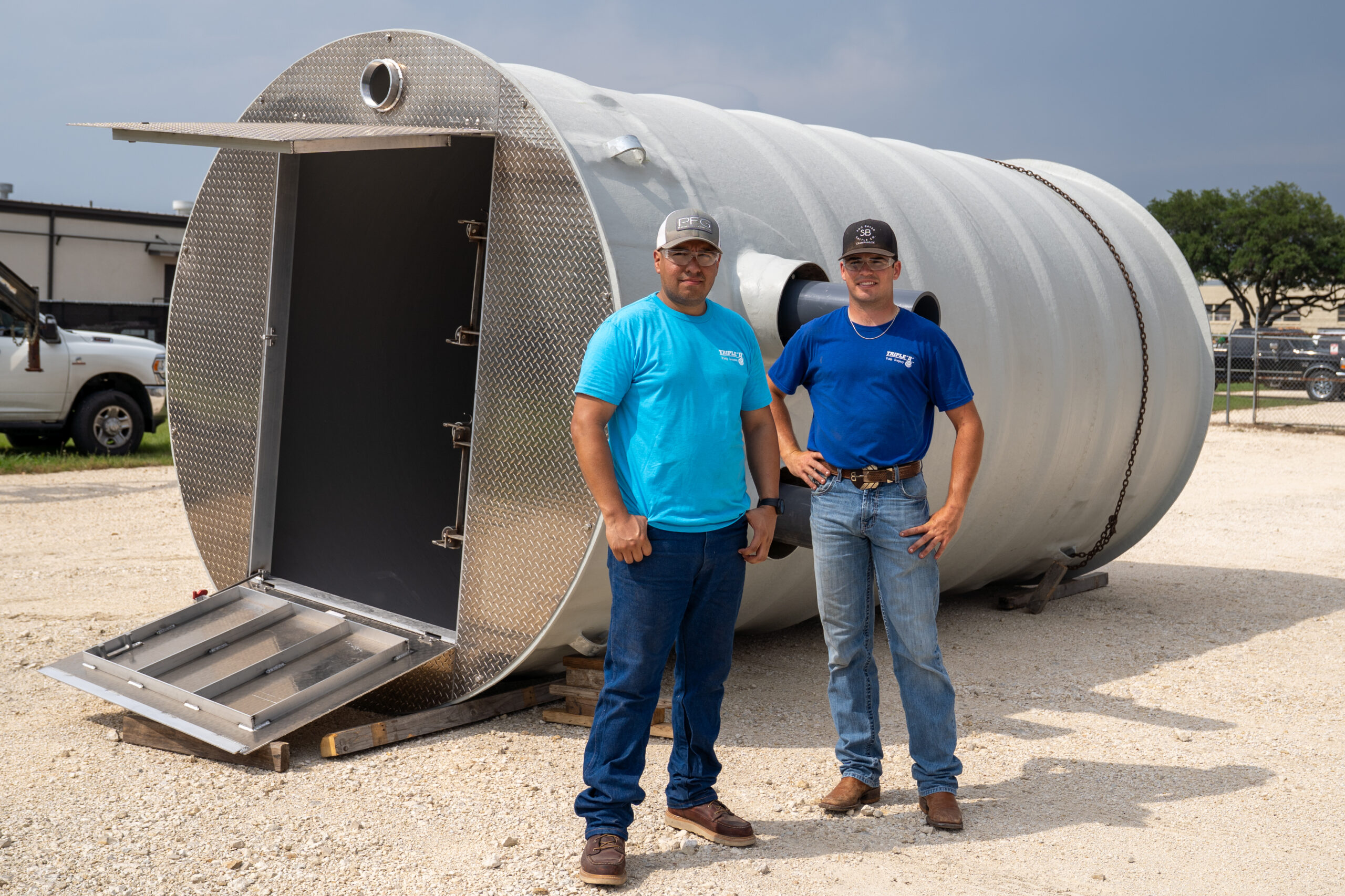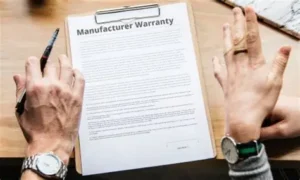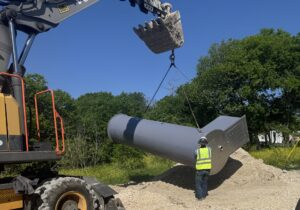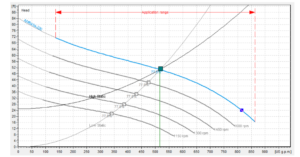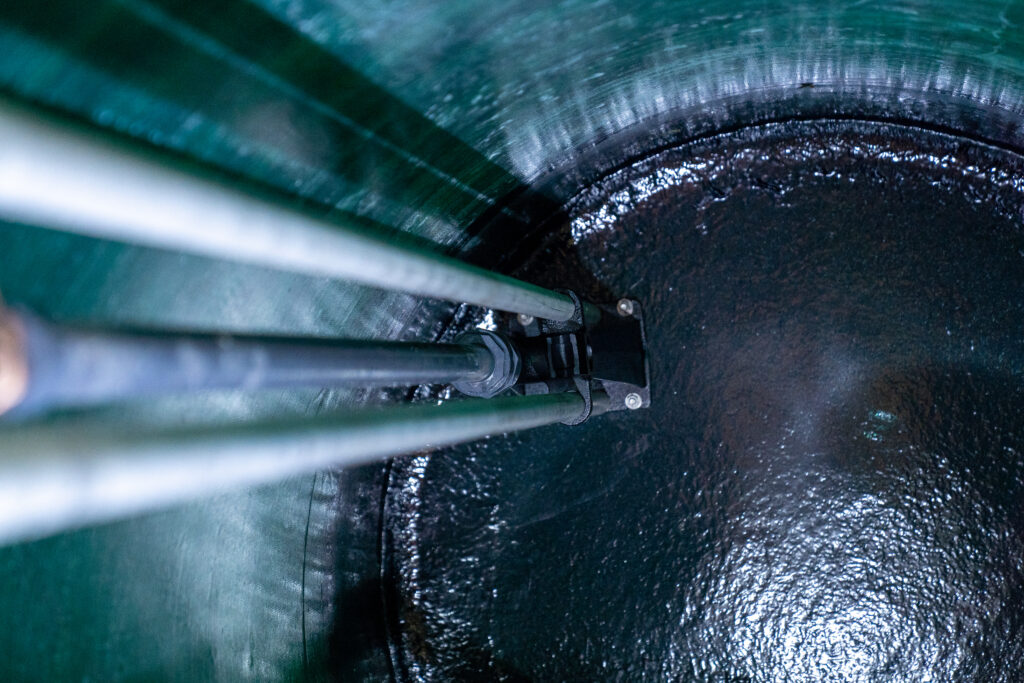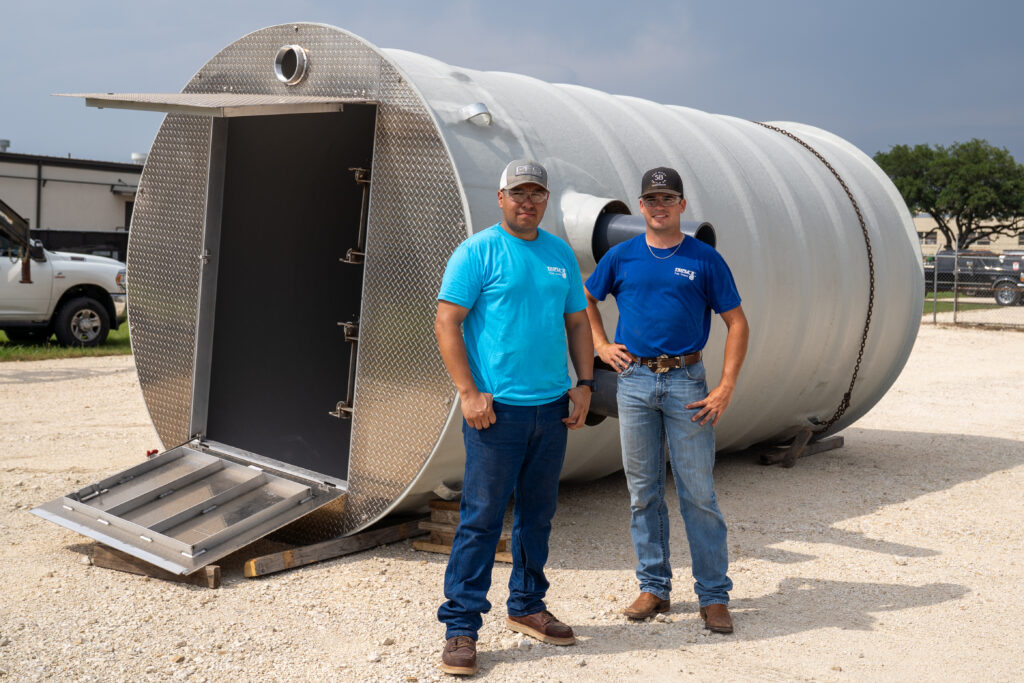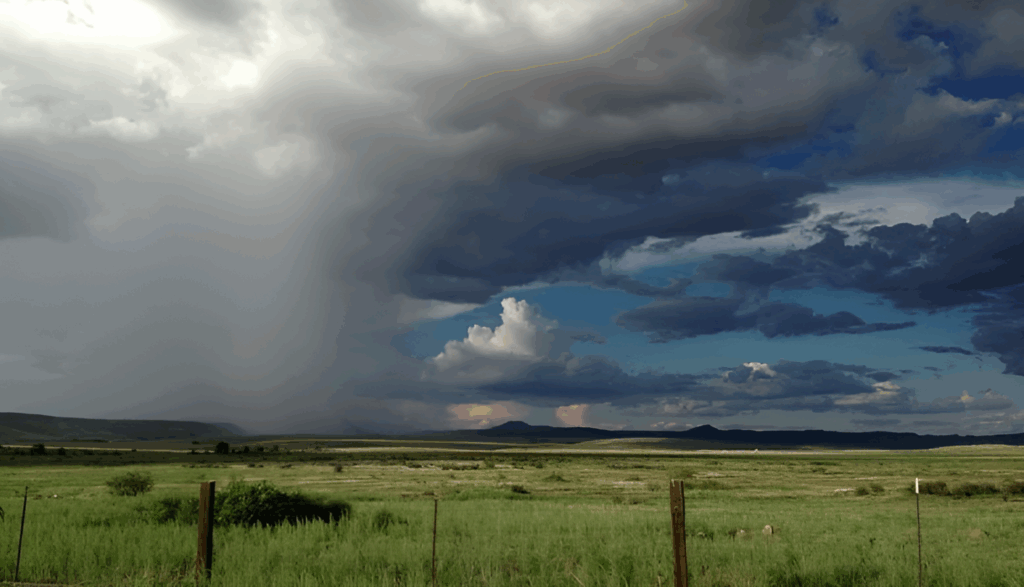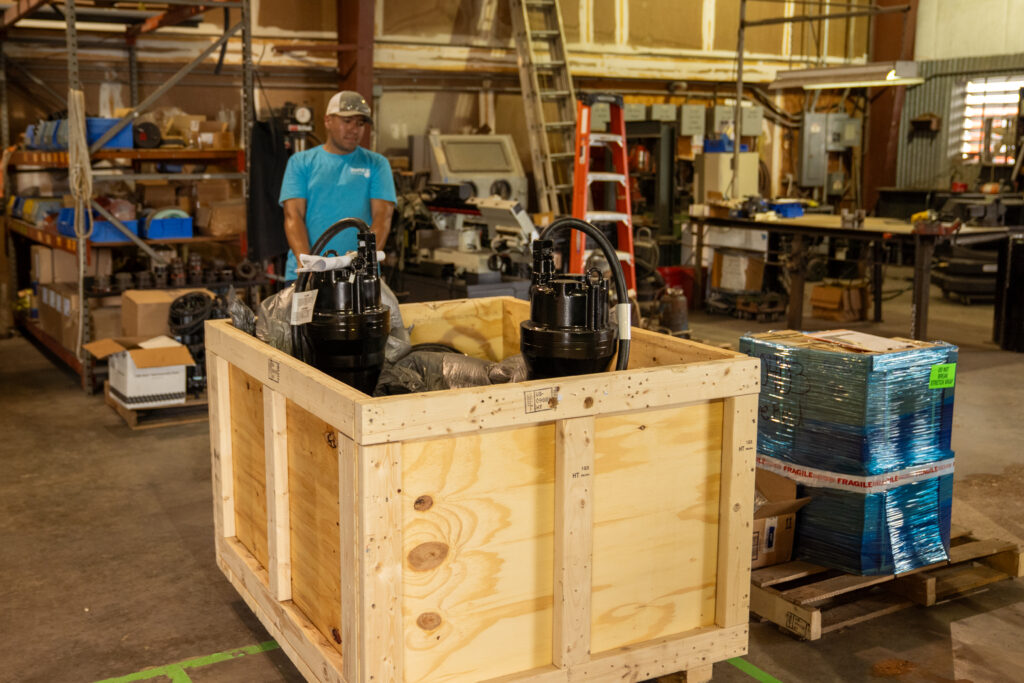Introduction
Wastewater collection systems hinge on the reliability and longevity of their wet wells. Traditionally, concrete has been the go-to material due to its strength and familiarity. However, Fiber-Reinforced Polymer (FRP) wet wells are rapidly proving superior across multiple dimensions—from corrosion resistance to installation efficiency. This article unpacks the key advantages that make FRP the preferred choice for modern wastewater infrastructure.
1. Chemical and Corrosion Resistance
- Concrete, despite its compressive strength, is vulnerable to chemical attack. Sulfide‐induced corrosion and acidic byproducts can lead to pitting, spalling, and reinforcement exposure over time.
- FRP is inherently corrosion-resistant. Its resin matrix repels hydrogen sulfide, chlorides, and other aggressive compounds found in wastewater, ensuring a leak-free, intact structure for decades.
- The smooth, non-porous interior of FRP also minimizes biofilm buildup, reducing odorous emissions and maintenance headaches.
2. Structural Strength and Durability
- Though lighter than concrete, FRP delivers exceptional tensile and flexural strength. Its fibers carry load efficiently, and the material resists cracking under dynamic soil pressures and ground movement.
- Concrete structures can develop hairline cracks over time, which become pathways for infiltration and exfiltration. FRP’s monolithic construction avoids joint or crack issues.
- Typical FRP wet wells have a design life exceeding 50 years with minimal structural degradation.
3. Installation Speed and Site Flexibility
- FRP panels arrive prefabricated, ready to bolt or laminate on site. No lengthy curing periods or heavy formwork are needed.
- Reduced installation time cuts shutdowns—and therefore service interruptions—drastically. A typical FRP wet well can be assembled in a few days compared to weeks for cast-in-place concrete.
- Lighter components simplify crane requirements and handling in tight urban or remote locations.
4. Maintenance and Lifecycle Costs
- Routine inspection and repair of concrete wet wells often involve invasive patching or recoating to address spalling or exposed rebar.
- FRP’s corrosion immunity slashes maintenance intervals. When service is needed, repairs are localized laminations rather than full-depth structural restoration.
- Over a 30-year horizon, total lifecycle costs of an FRP wet well can be 20–30% lower than concrete, thanks to reduced labor, materials, and downtime.
5. Environmental and Safety Considerations
- Manufacturing FRP uses less water and generates lower embodied carbon than large-scale concrete batching and curing.
- On-site, there’s no risk of formwork collapse, concrete washout, or uncontrolled dust. Workers handle manageable panel weights rather than heavy precast segments.
- FRP’s smooth interior surfaces also facilitate more complete wastewater flow, reducing energy consumption by pumps.
Comparative Overview
Attribute |
FRP Wet Well |
Concrete Wet Well |
|
Corrosion Resistance |
Excellent; immune to H₂S and chlorides |
Prone to pitting, spalling, and rebar rust |
|
Structural Integrity |
Crack-free, tensile strength fibers |
High compressive strength; crack‐susceptible |
|
Installation Time |
Days (prefabricated) |
Weeks (formwork, curing) |
|
Maintenance Frequency |
Low; minor laminations |
High; patching and recoating |
|
Lifecycle Cost |
20–30% lower over 30 years |
Higher due to repairs and downtime |
|
Environmental Footprint |
Lower water use; reduced carbon |
High water and cement usage |
Fiber-Reinforced Polymer wet wells represent a significant advancement in wastewater infrastructure. Their unmatched corrosion resistance, structural durability, quick installation, and lower lifecycle costs make them a smarter, more sustainable choice than traditional concrete. As utilities and engineers seek to optimize performance and reduce long-term liabilities, FRP wet wells stand out as the superior solution.
Looking ahead, emerging hybrid composites and in-situ sensor integration promise to further elevate FRP wet well performance. If you’re exploring upgrades or new installations, consider the transformative benefits of FRP—your maintenance budget, construction schedule, and environmental goals will all thank you.
CONCLUSION
Triple D Pump Company’s FRP Wet Wells Are the Smart Choice Over Concrete
When it comes to wastewater lift stations, the wet well is the heart of the system—and choosing the right material can make or break long-term performance. If you’re weighing options between traditional concrete and fiberglass-reinforced plastic (FRP), Triple D Pump Company in Waco, Texas offers a compelling case for going FRP all the way.
Built to Last: The FRP Advantage
Triple D’s FRP wet wells are engineered for durability and efficiency. Unlike concrete, which is porous and prone to cracking over time, FRP offers:
- Corrosion Resistance: FRP doesn’t degrade when exposed to sewage, chemicals, or moisture making it ideal for harsh wastewater environments.
- Lightweight Strength: Easier to transport and install than concrete, yet strong enough to handle demanding loads.
- Leak-Free Performance: Seamless construction means fewer joints and a lower risk of infiltration or exfiltration.
- Low Maintenance: No need for sealing, patching, or resurfacing—FRP wet wells stay clean and intact for years.
- Why Triple D Pump Company Stands Out
Triple D isn’t just selling parts—they’re crafting complete, custom-engineered lift stations tailored to your site’s needs. Here’s what sets them apart:
- Turnkey Solutions: From design to delivery, Triple D provides everything in one package—pumps, controls, valves, and the FRP wet well.
- Decades of Expertise: Serving municipalities, engineers, and contractors since 1981, they know how to build systems that work in the real world.
- Personalized Support: Their team works closely with clients to ensure every system is designed right, delivered on time, and supported long after installation.
- Rush Delivery Available: Need it fast? Their central Texas location and streamlined process mean you won’t be left waiting.
Give Triple “D” Pump Company a call today at 254-772-7623, or use our contact us form for any questions you may have.

